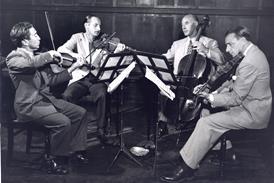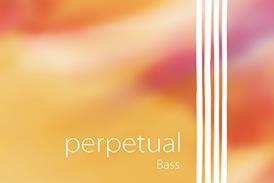- News
- For Subscribers
- Student Hub
- Playing Hub
- Directory
- Lutherie
- Magazine
- Magazine archive
- Whether you're a player, maker, teacher or enthusiast, you'll find ideas and inspiration from leading artists, teachers and luthiers in our archive which features every issue published since January 2010 - available exclusively to subscribers. View the archive.
- Jobs
- Shop
- Podcast
- Contact us
- Subscribe
- School Subscription
- Competitions
- Reviews
- Debate
- Artists
- Accessories
Masterclass: Antonio Meneses on Franck Violin Sonata (Cello Version)

Preserving energy, planning ahead and prioritising phrasing in every line are key to cellist Antonio Meneses’s interpretation of the fourth movement
It was perhaps 35 years ago when I played the Franck Sonata for the first time, and I enjoyed it less than I thought I would. It is the most beautiful piece and there are many good reasons why people transcribe it on to different instruments, but on the cello somehow I was not satisfied with the result. It sounded too dark and sombre, not shining and full of light like the higher violin version..
Already subscribed? Please sign in
Subscribe to continue reading…
We’re delighted that you are enjoying our website. For a limited period, you can try an online subscription to The Strad completely free of charge.
* Issues and supplements are available as both print and digital editions. Online subscribers will only receive access to the digital versions.




























